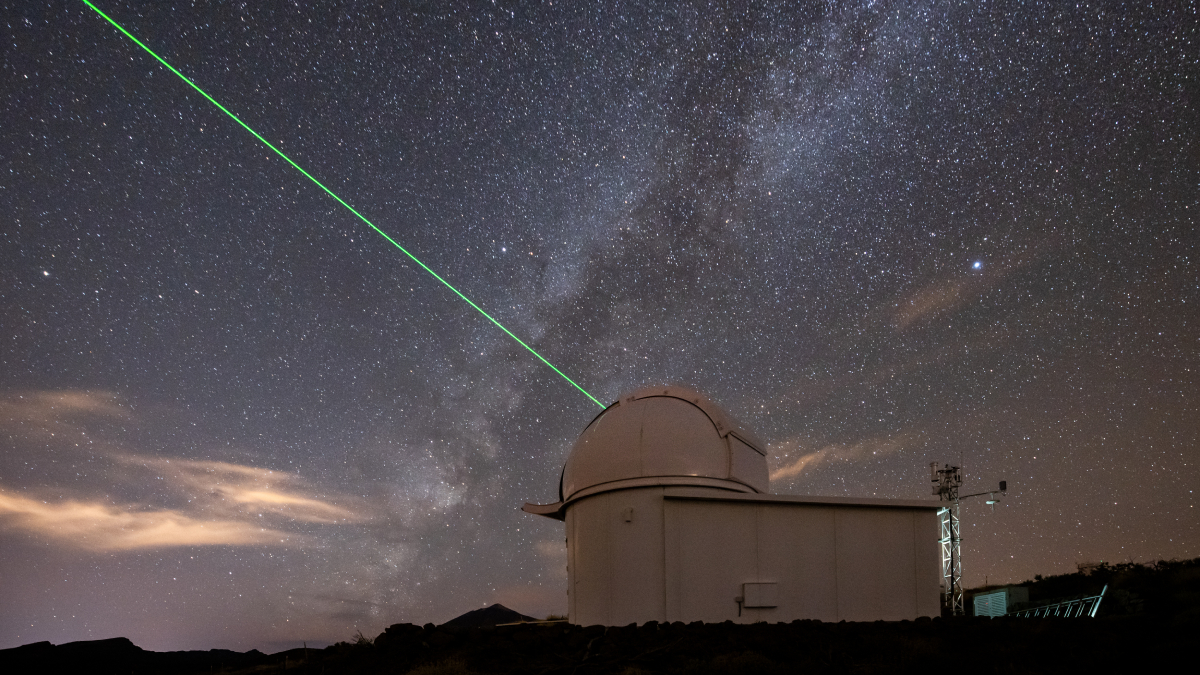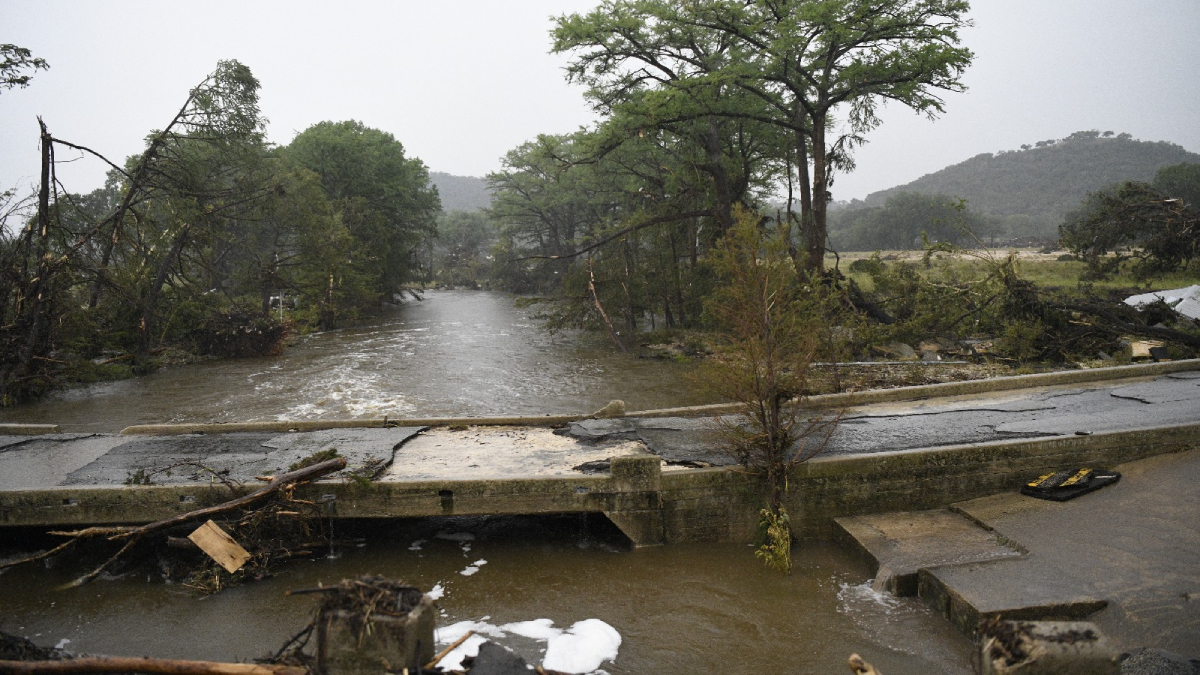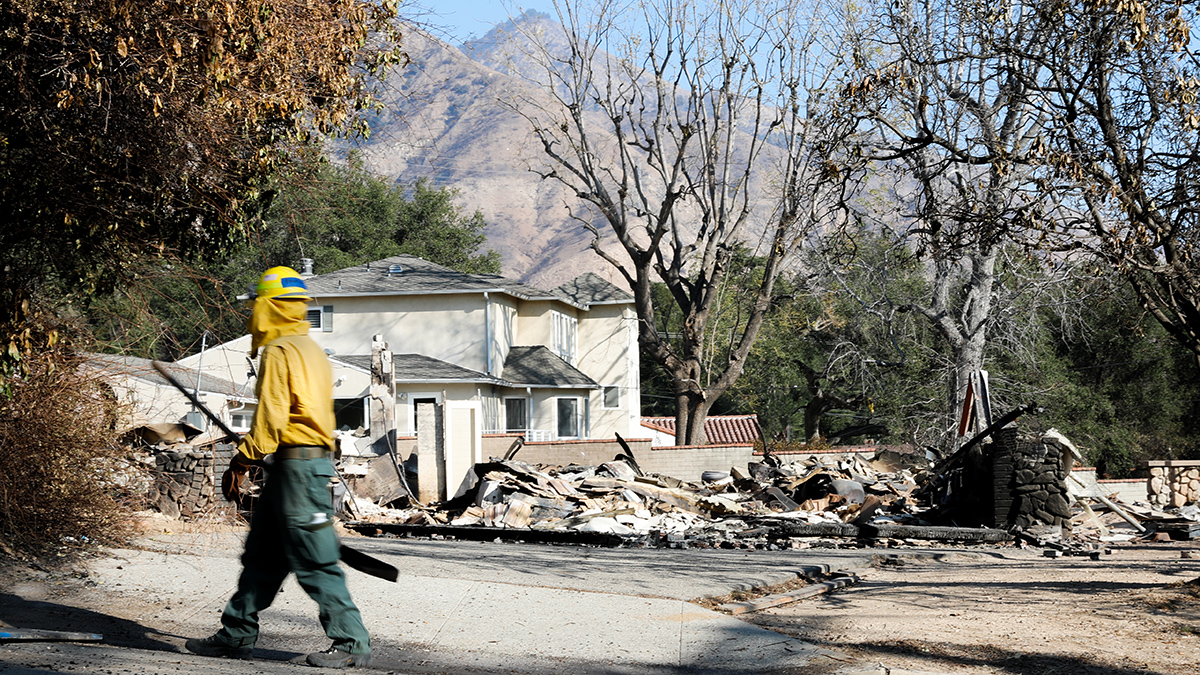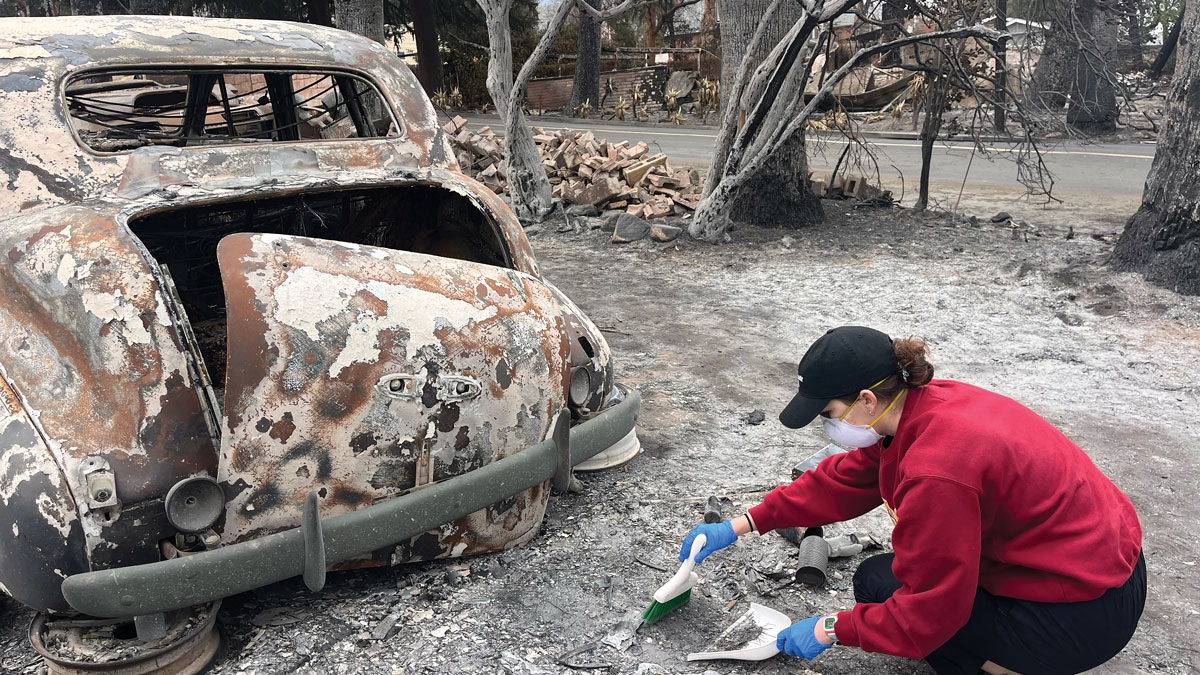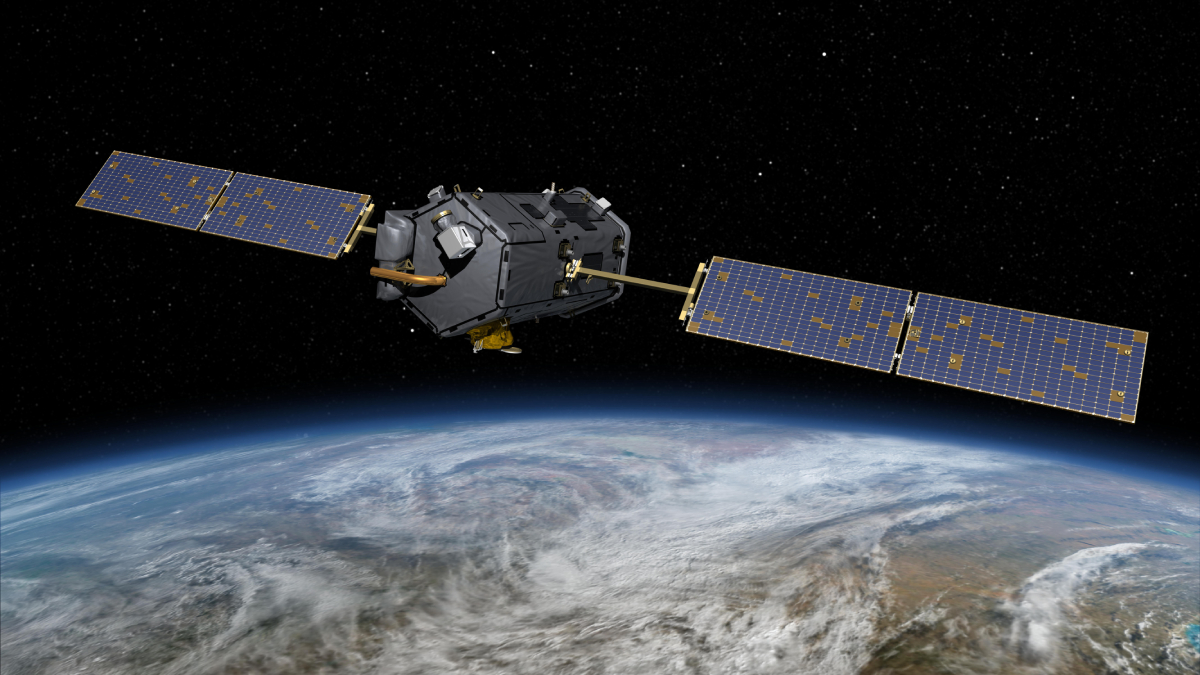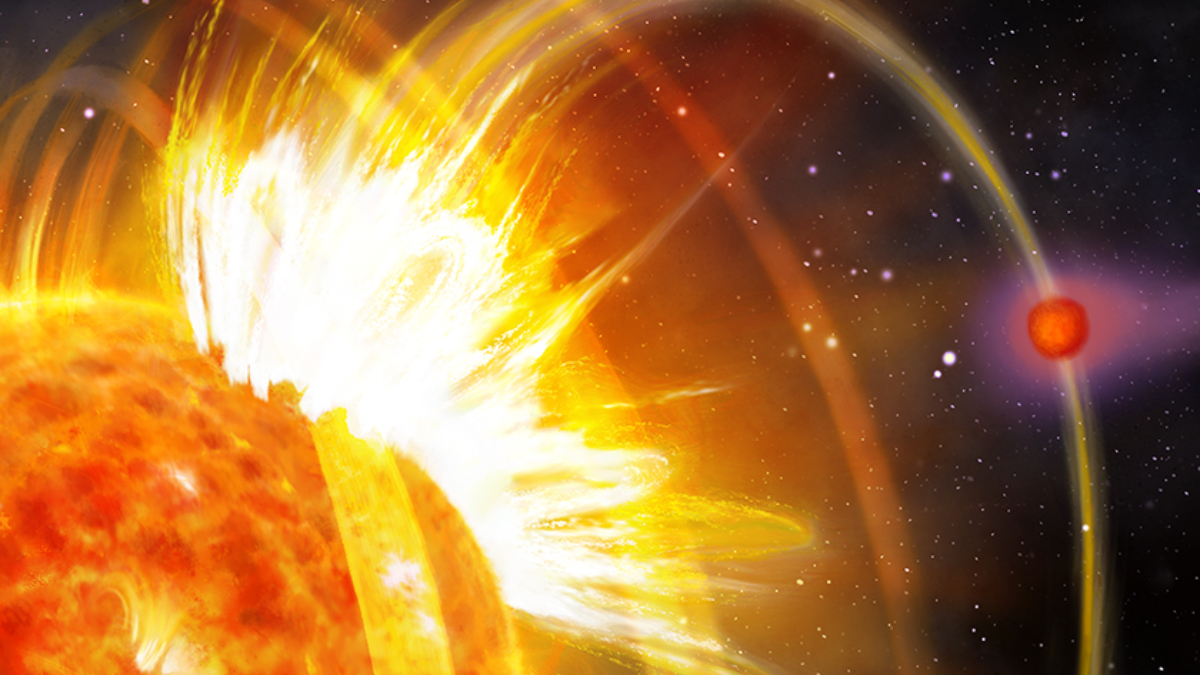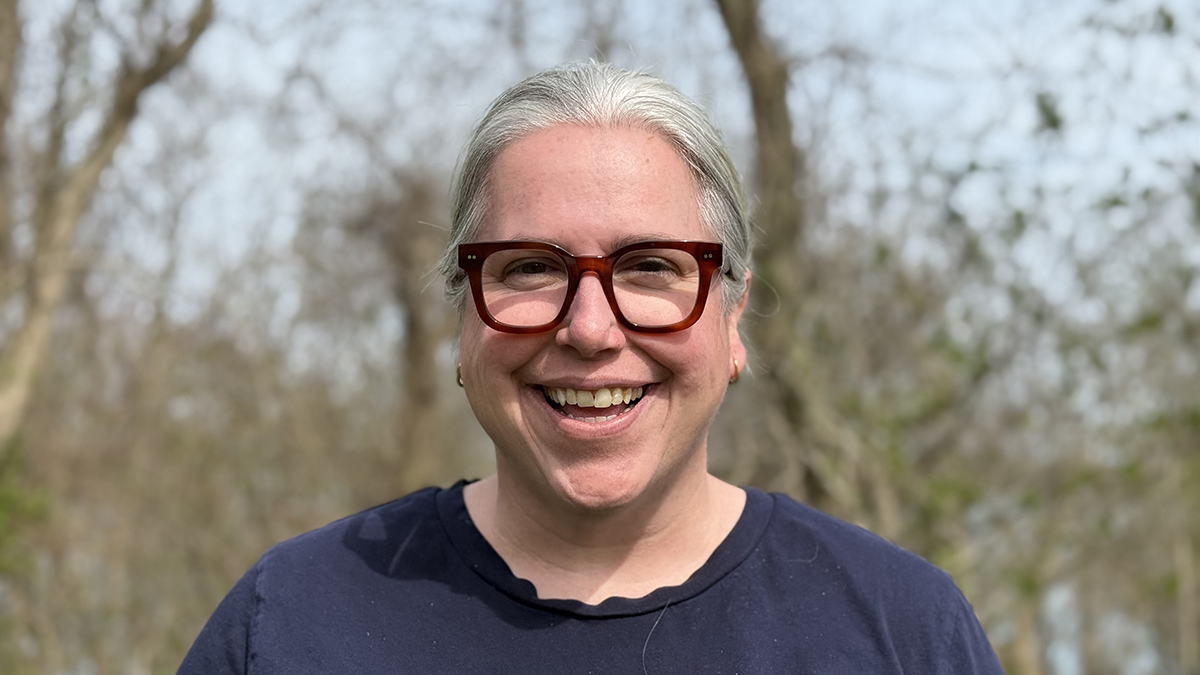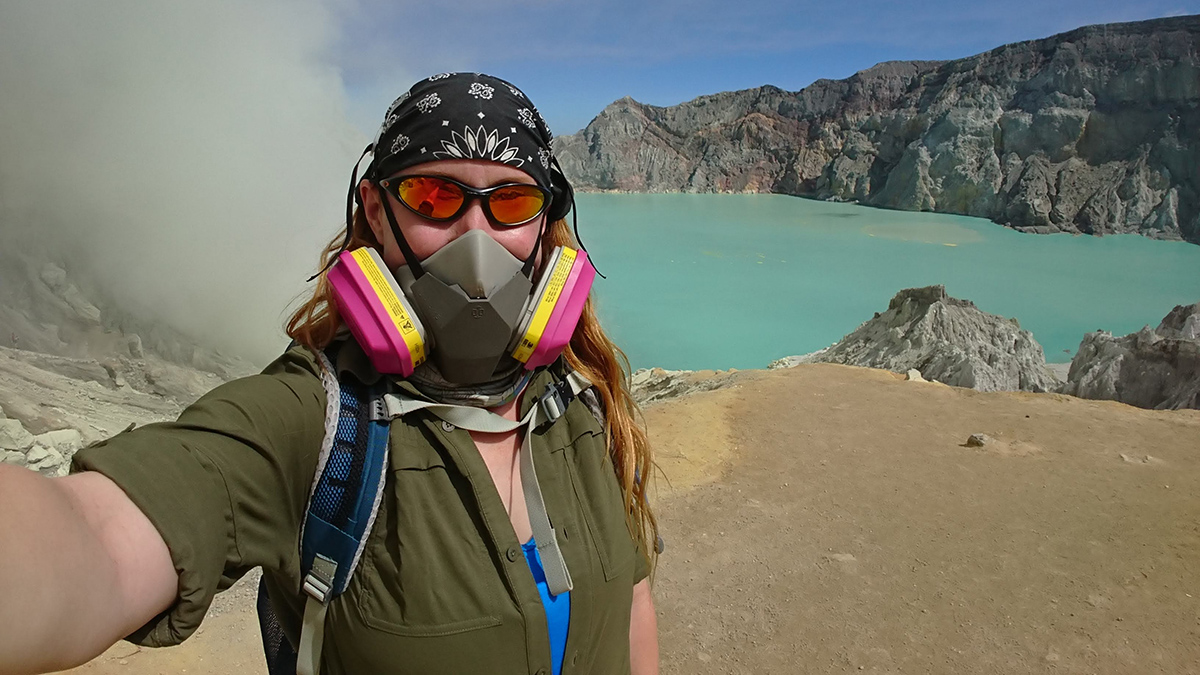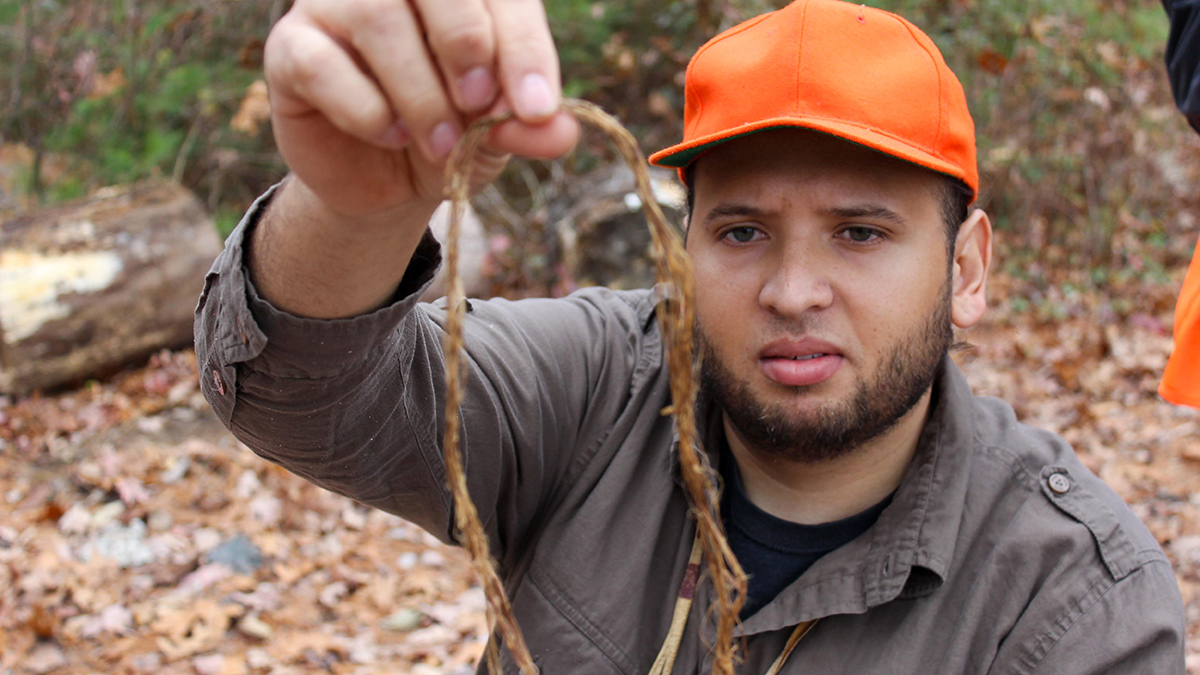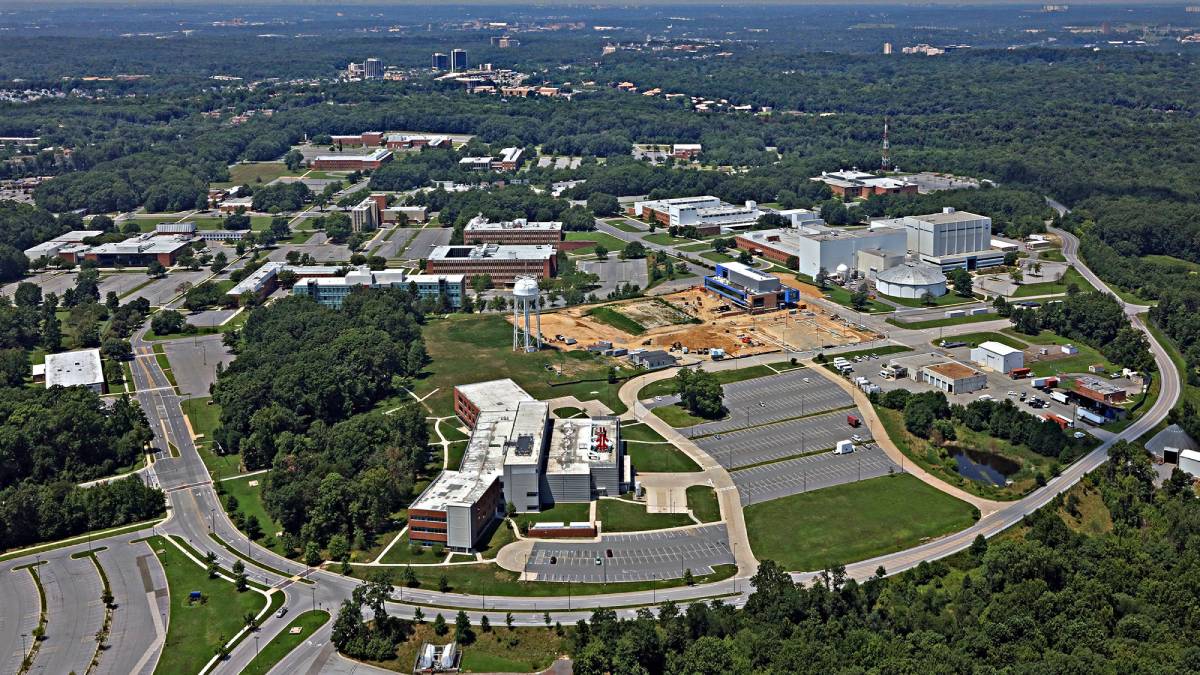The remarkable agreement between the two techniques shows how scientists can bolster state-of-the-art gravimetry instruments with old-guard altimetry satellites.
Kimberly M. S. Cartier
Kimberly M. S. Cartier, Senior Science Reporter for Eos.org, joined the Eos staff in 2017 after earning her Ph.D. studying extrasolar planets. Kimberly covers space science, climate change, and STEM diversity, justice, and education
FEMA Puts Dissenting Staff on Indefinite Leave
More than a dozen FEMA staff, all signatories of that Katrina Declaration, were placed on indefinite administrative leave.
When Disaster Science Strikes Close to Home
How have scientists across Los Angeles used their skills to help their communities recover from the 2025 fires?
Burning Urban and Wild Land Alike
When more densely populated Altadena and Pacific Palisades burned along with surrounding wildlands, hazards for residents didn’t stop when the fires were contained.
NASA Planning for Unauthorized Shutdown of Carbon Monitoring Satellites
Despite warnings that their actions are illegal, Duffy and other senior NASA officials have continued to secretly direct NASA employees to draw up plans to end at least two major satellites missions specifically designed to monitor global carbon dioxide.
Exoplanet Triggers Stellar Flares and Hastens Its Demise
HIP 67522 b can’t stop blasting itself in the face with stellar flares, a type of magnetic interaction that scientists have spent decades looking for.
Kate Mulvaney: Bringing Human Dimensions to Water Resources
From small coastal towns to international ocean treaties, this EPA scientist has helped integrate social science into how people study and protect natural water resources.
Jess Phoenix: Curiosity Unfettered
After leaving her Ph.D. program, this geologist leaned into saying yes when exciting new opportunities arose.
Cassius Spears Jr.: Conserving the Living Soil
This soil scientist braids the Traditional Ecological Knowledge of his ancestors with modern soil conservation practices to help Rhode Island’s farmers and land stewards.
2,145 Senior-Level Staff to Leave NASA
At least 2,145 high-level NASA employees are set to leave as the agency faces high pressure from the Trump administration to reduce its staff.

